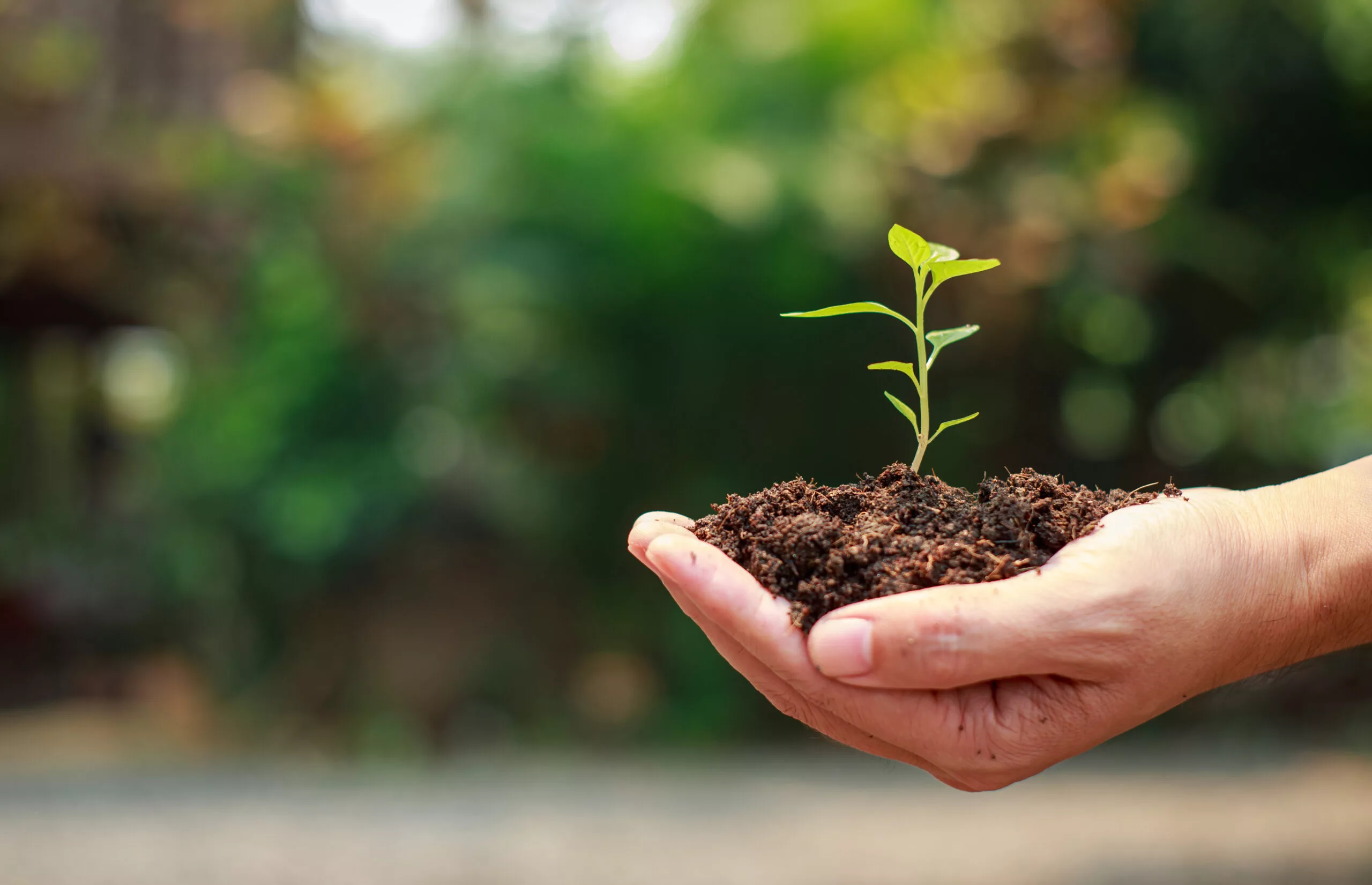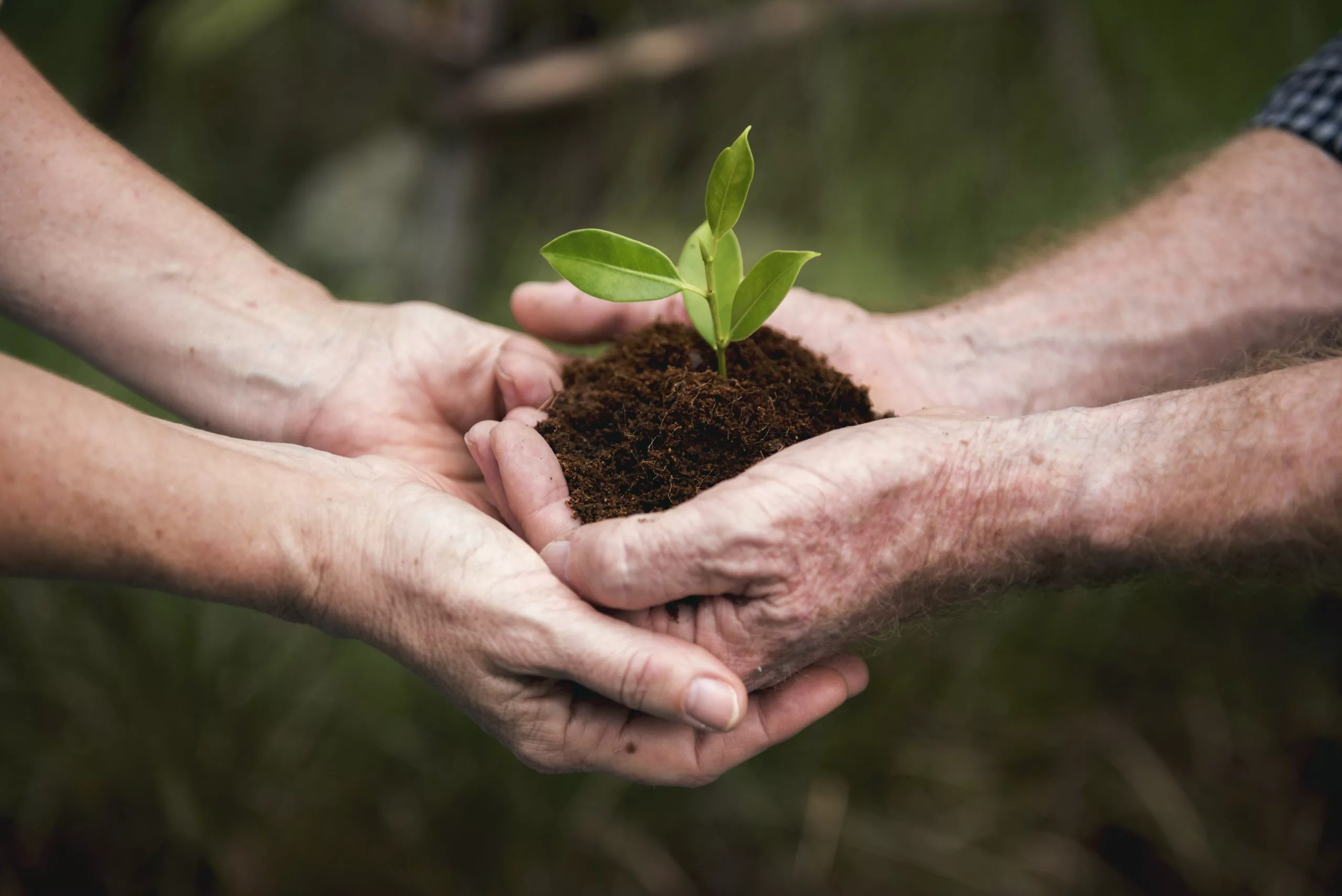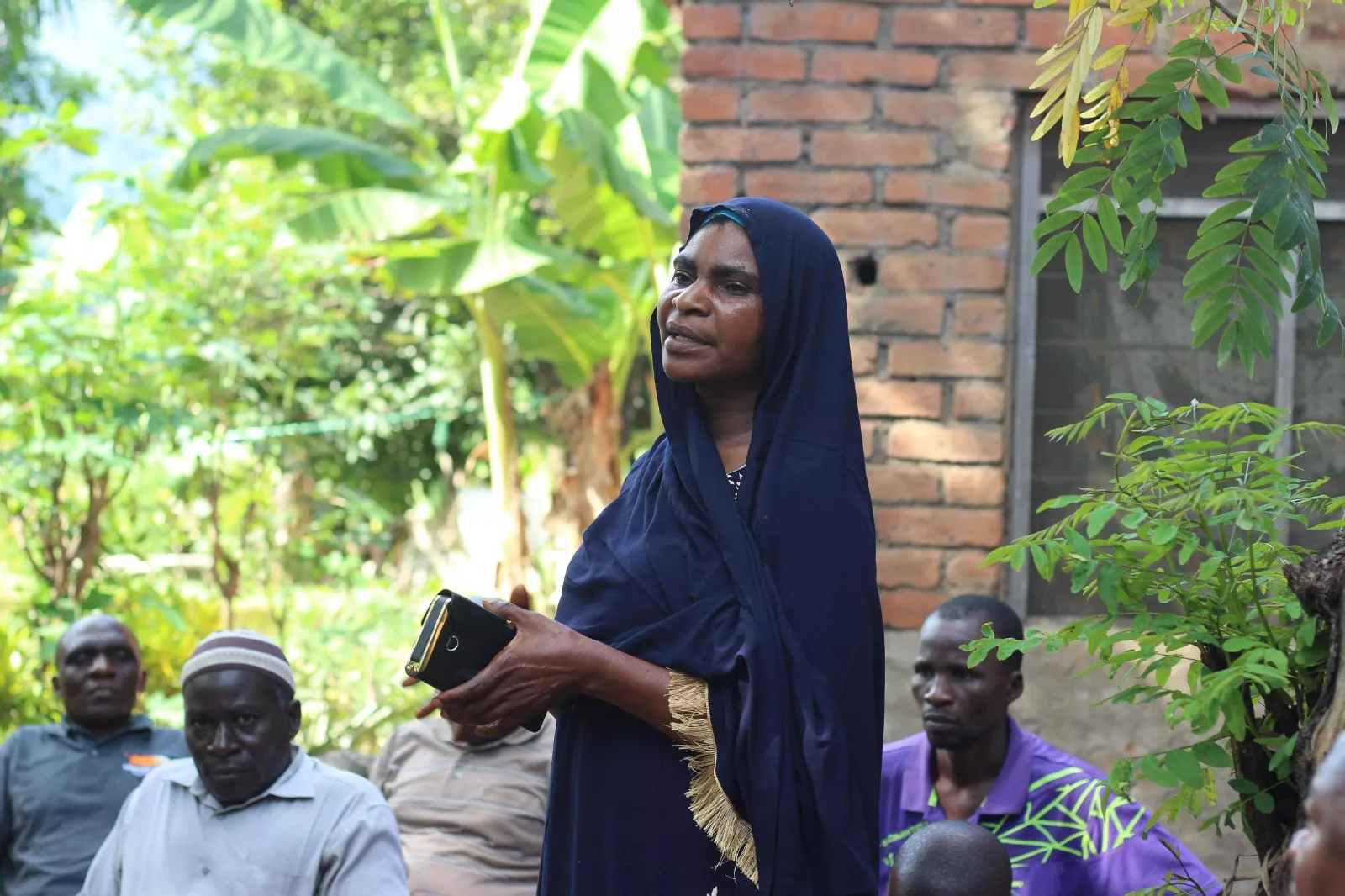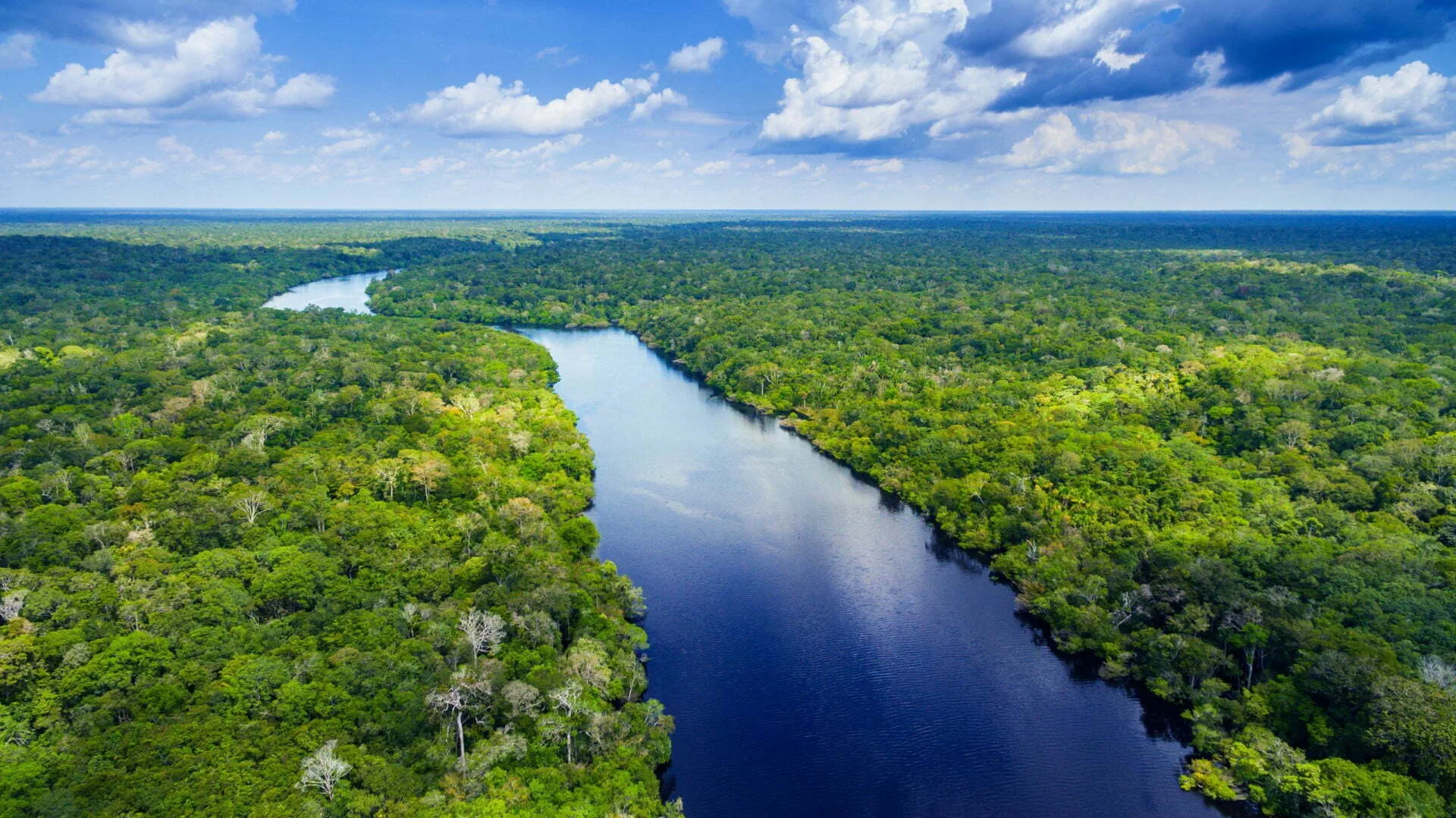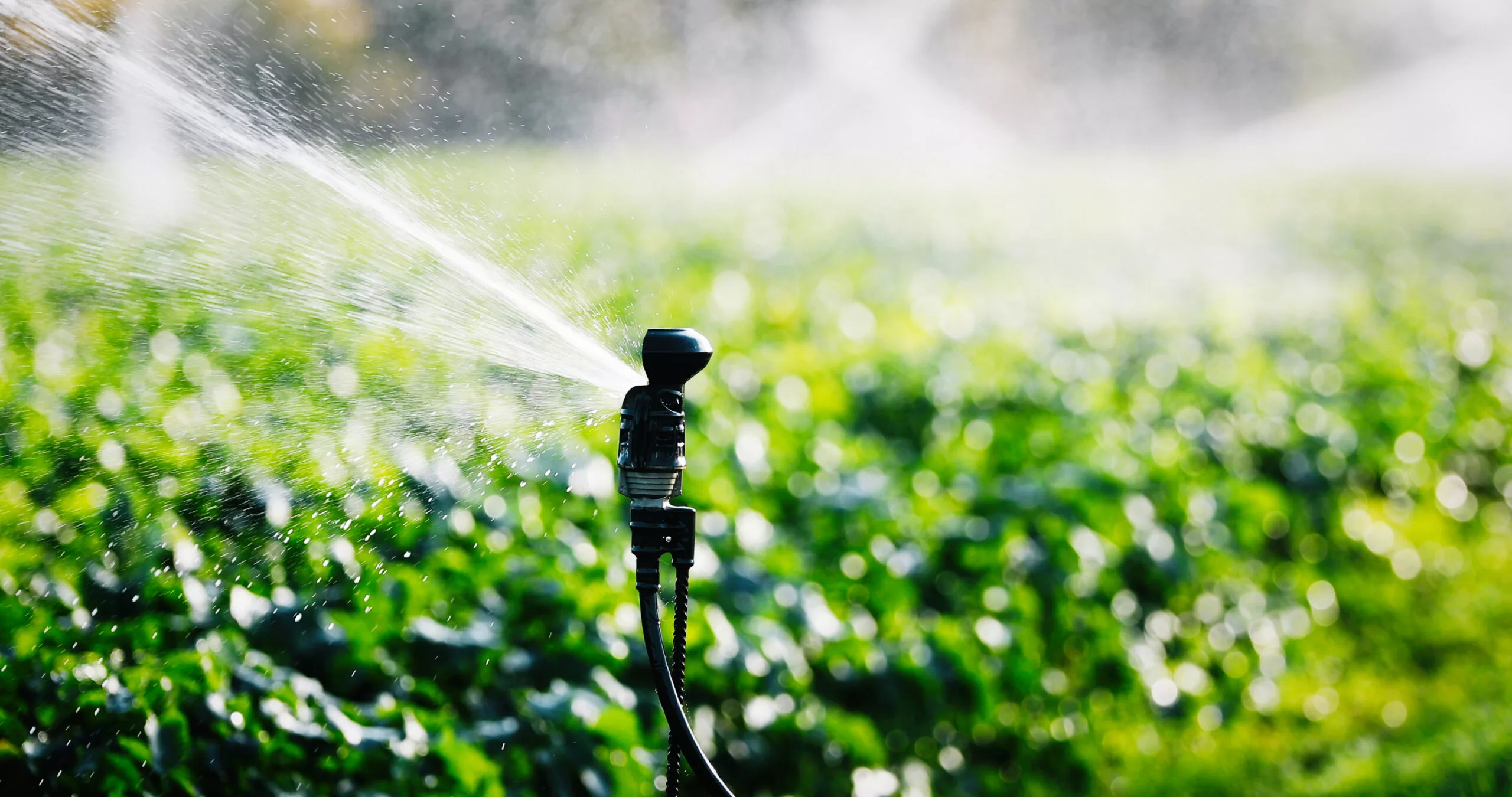
RENAI (National Irrigators Network or Rede Nacional de Irrigantes, in Portuguese) highlights, today, the World Water Day, the importance of responsible water management for sustainable food production.
Irrigated agriculture has grown significantly in Brazil in recent years. According to Irrigation Atlas, the irrigated area in the country currently reaches 8.2 million hectares, only 3% of the productive area occupied by agriculture and livestock in Brazil.
“Brazil can achieve around 55 million hectares of irrigated areas, which is the greatest growth potential globally”, highlights Lineu Rodrigues, founder and coordinator of RENAI.
Irrigation
According to ANA (National Water and Basic Sanitation Agency or Agência Nacional de Águas, in Portuguese), however, irrigation could grow by 45% in the country by 2030.
“It’s very little. We face a huge challenge on producing food sustainably and in sufficient quantity, in an increasingly complex world, to feed 9.1 billion people in 2050”, emphasizes.
According to FAO (Food and Agriculture Organization of the United Nations), one in nine people in the world does not have enough food to lead a healthy and active life and global demand is expect to increase around 70%.
“Brazil is one of the few countries able to increase its agricultural production and preserve the environment. We have more than 12% of freshwater reserves and some of the largest river basins in the world”, adds Rodrigues.
He says water usage via irrigation for food production is still small because represents less than 0.6% of Brazilian rivers volume.
Water
Among the benefits of irrigated agriculture, the main highlight is the country’s social and economic development and three times higher productivity than in rainfed areas – in the case of soybeans, for example.
In addition, the practice reduces climate impact on production; enables diversity in crops and land use throughout the year; encourages farm modernization; generates job and income; and reduces pressure for opening new areas.

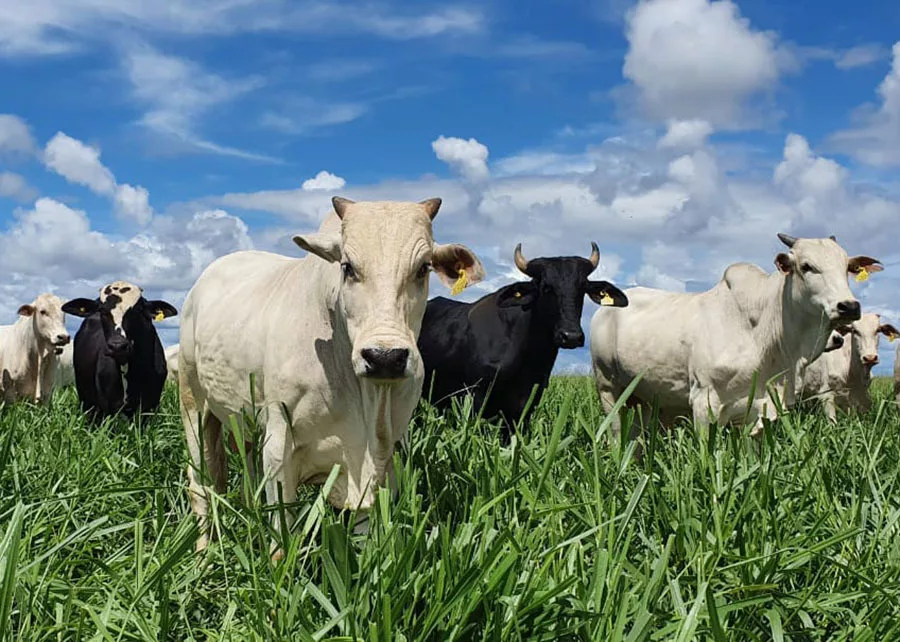
![24 Dec. 2023- Shirqat – Iraq – Ahmed Turki Naif, One of the beneficiaries of the training courses on modern agricultural methods in Shirqat is married and a father of two daughters, benefited from the project by adopting pivot sprinklers and drip farming after benefiting from the training course. his fealed work is growing barley, […] 24 Dec. 2023- Shirqat – Iraq – Ahmed Turki Naif, One of the beneficiaries of the training courses on modern agricultural methods in Shirqat is married and a father of two daughters, benefited from the project by adopting pivot sprinklers and drip farming after benefiting from the training course. his fealed work is growing barley, […]](https://planetacampo.canalrural.com.br/wp-content/uploads/sites/9/2025/02/undp_iq_dsc06266-scaled-1.webp)
